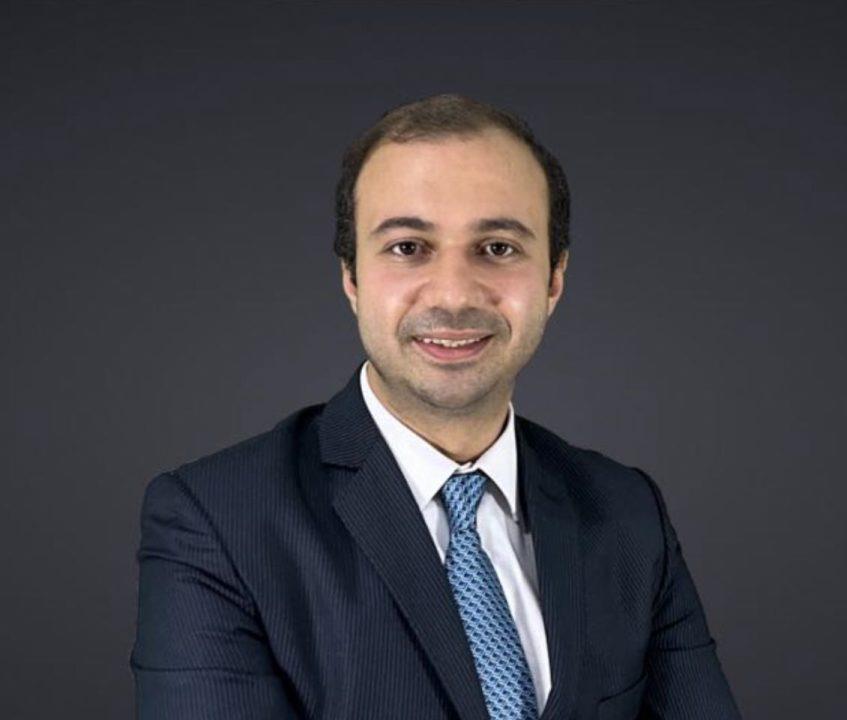
Opinion CBAM: Turning Threats Into Opportunities For Egypt
While CBAM might initially seem like a threat to Egypt's export-dependent economy, it actually offers a unique chance for the country to accelerate its transition to a sustainable and competitive future.
Understanding CBAM
CBAM aims to level the playing field by ensuring that imported goods are subject to the same carbon costs as products manufactured within the EU.
This move is intended to prevent carbon leakage, where companies relocate production to countries with looser climate regulations to evade costs associated with carbon emissions. The mechanism will apply to high-emission sectors such as steel, cement, and fertilisers, with the scope expected to broaden in the coming years.

Dr Karim Morsy
Egypt's Vulnerability and Opportunity
Egypt, with its significant exports to the EU, particularly in industrial products, could face increased costs and competitiveness challenges under CBAM. However, this policy also presents an opportunity for Egypt to enhance its environmental standards and pivot towards a low-carbon economy. By investing in cleaner technologies and sustainable practices, Egypt can not only comply with CBAM requirements but also position itself as a leader in sustainable production.
Steps Towards Adaptation
To turn CBAM from a threat into an opportunity, Egypt needs to take proactive steps:
Adopting Green Technologies: Egyptian industries need to invest in advanced technologies that reduce carbon emissions. This includes upgrading machinery, adopting energy-efficient processes, and transitioning to renewable energy sources. Government Support and Policies: The Egyptian government can play a pivotal role by implementing supportive policies and providing incentives for businesses to go green. Subsidies for renewable energy projects, tax breaks for sustainable practices, and support for research and development in green technologies can drive this transition. Strengthening Industry Standards: By aligning local industry standards with international benchmarks, Egypt can ensure its products remain competitive in the global market. This includes adhering to environmental regulations, obtaining certifications, and fostering transparency in carbon reporting. Capacity Building and Training: To successfully navigate the CBAM landscape, Egyptian businesses and workers need to be equipped with the necessary skills and knowledge. Investing in training programmes and capacity-building initiatives will ensure a smooth transition to sustainable practices. Leveraging International Support: Egypt can tap into international funding and expertise, such as the Green Climate Fund (GCF) and partnerships with organisations like UNIDO, to finance and implement green projects. Collaborative efforts can accelerate the adoption of low-carbon technologies and infrastructure.Economic and Environmental Benefits
Embracing CBAM compliance can yield significant benefits for Egypt. Environmentally, reducing carbon emissions aligns with global climate goals and contributes to mitigating the impacts of climate change. Economically, green technologies and practices can lead to cost savings in the long run, open up new markets for green products, and attract foreign investment.
While CBAM may initially appear as a challenge for Egypt's industries, it offers a golden opportunity to transform threats into strengths. By adopting sustainable practices, investing in green technologies, and leveraging international support, Egypt can not only meet the requirements of CBAM but also lead the way in the global transition towards a greener economy. This proactive approach will secure Egypt's place in the future of international trade and contribute to the global effort against climate change.
Dr Karim Morsy is an Advisor to Egypt's Minister of Environment.

Legal Disclaimer:
MENAFN provides the
information “as is” without warranty of any kind. We do not accept
any responsibility or liability for the accuracy, content, images,
videos, licenses, completeness, legality, or reliability of the information
contained in this article. If you have any complaints or copyright
issues related to this article, kindly contact the provider above.


















Comments
No comment